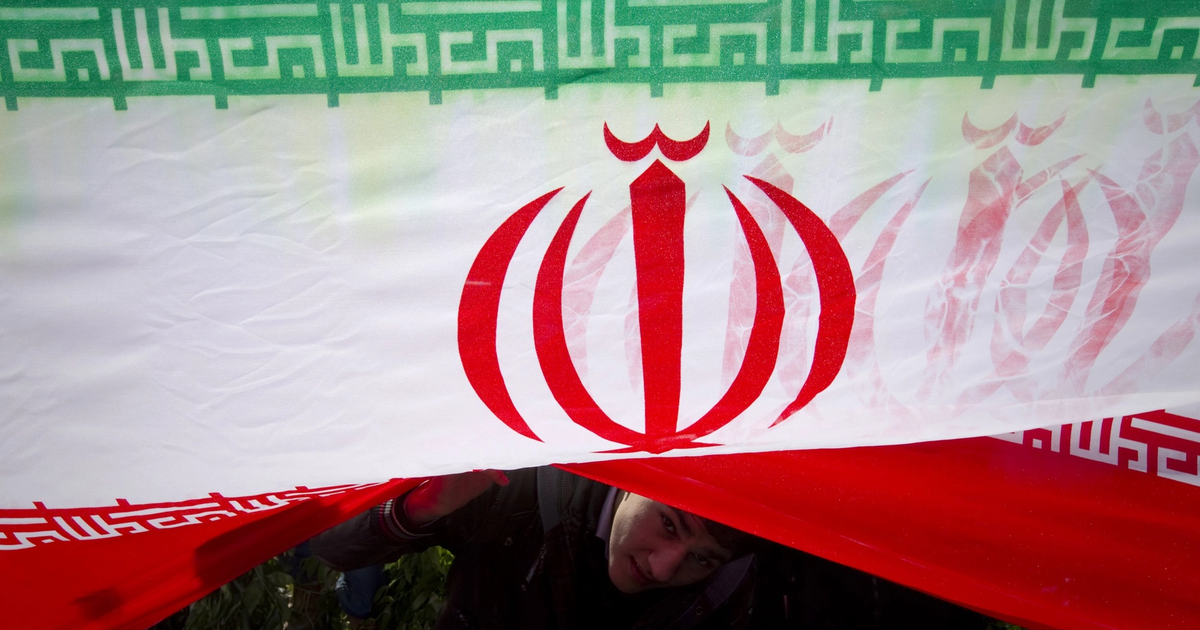Foreign Minister Abbas Araghchi and Supreme National Security Council Secretary Ali Larijani both said the Islamic Republic prefers the path of peace and is determined to block the Europeans’ bid to reinstate the UN sanctions via the so-called “snapback” mechanism.
“Europeans have until October 28 to trigger the snapback mechanism,” Araghchi told the state TV.
He acknowledged the three European countries could technically trigger snapback but argued the move would lack legitimacy.
“In our view—given their positions, including their insistence on zero enrichment despite Iran’s enrichment rights under the 2015 nuclear deal—they lack the legitimacy to discuss or apply any part of the deal, including snapback.”
“Iran, China, and Russia are in a legal dispute with the three European countries in the UN Security Council over whether they have the right to trigger snapback. Our view is they do not, and even if they did, it lacks legitimacy,” he said.
France, Germany, and the United Kingdom have told the United Nations they are prepared to reimpose international sanctions on Iran unless it resumes nuclear negotiations with the United States and other powers, according to a letter shared by the French foreign ministry on Wednesday.
“There is no doubt something must be done to stop it, and we will spare no effort until the last moment,” Araghchi said.
The snapback mechanism, part of UN Security Council Resolution 2231, allows any JCPOA party to accuse Iran of non-compliance. If no agreement is reached within 30 days to keep the bans lifted, all previous UN sanctions automatically return, including arms embargoes, cargo inspections, and missile restrictions.
If European powers trigger the snapback mechanism against Iran, the country would face isolation from global financial markets, a sharp drop in oil exports, with foreign investment blocked by legal hurdles, US-based National Security Journal said in an analysis piece on Thursday.
Iran’s Ministry of Intelligence on Monday reportedly issued secret guidance instructing ministries and major companies to prepare for the likely return of UN sanctions.
‘Talks with US possible’
Iran’s top security official Ali Larijani said on Thursday talks with the United States are possible but only if aimed at a genuine resolution.
“If the United States realizes it cannot defeat the Islamic Republic through war and then seeks negotiations, we will respond positively. But if they negotiate to prepare for the next war, it will be of no benefit to us,” Larijani said in an interview Lebanon’s Al-Mayadeen.
“Some believe negotiations can solve everything. Negotiations are only useful when both sides accept and understand they cannot achieve their goals through war,” Larijani added.
France, the United Kingdom and Germany told Iran they would restore UN sanctions unless it reopened talks on its nuclear program immediately and produced concrete results by the end of August.
Negotiations under the Trump administration began with a 60-day ultimatum to Iran. On the 61st day on June 13, Israel launched a surprise military campaign.
The Israeli strikes began on the eve of the sixth round of negotiations with the United States.
On the ninth day of fighting, the United States bombed three Iranian nuclear sites which US President Donald Trump has consistently said “obliterated” the country’s nuclear program.
